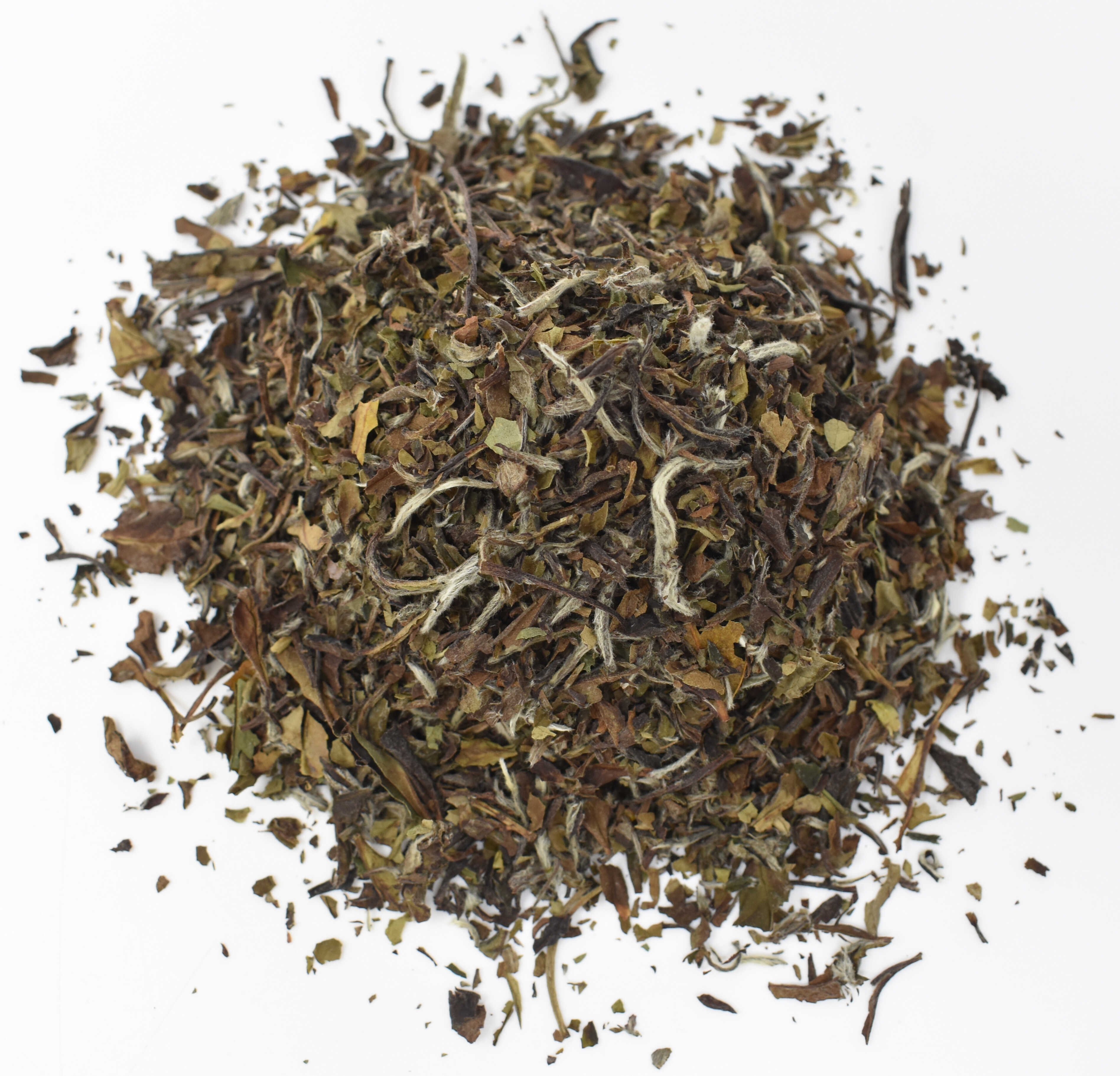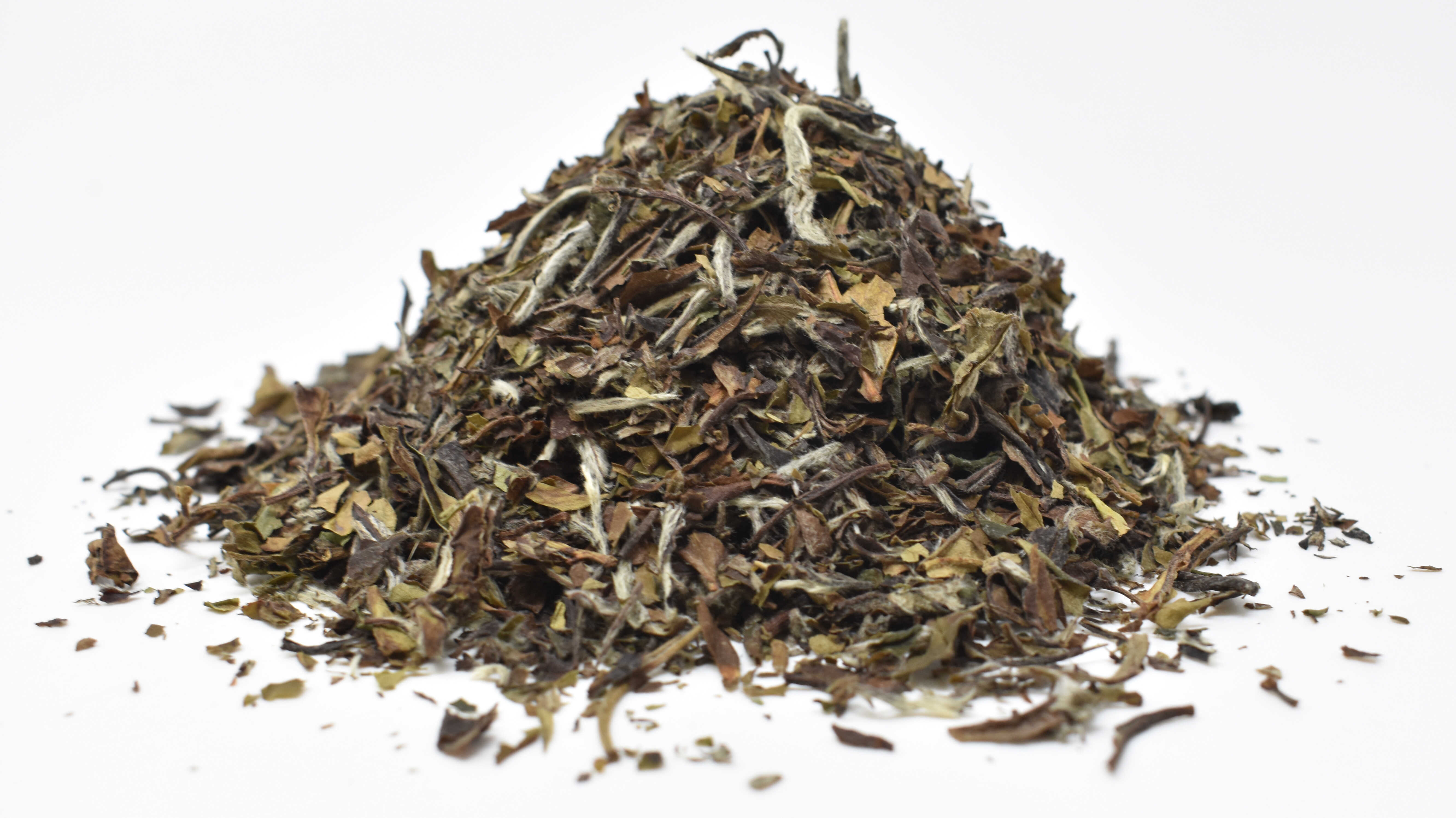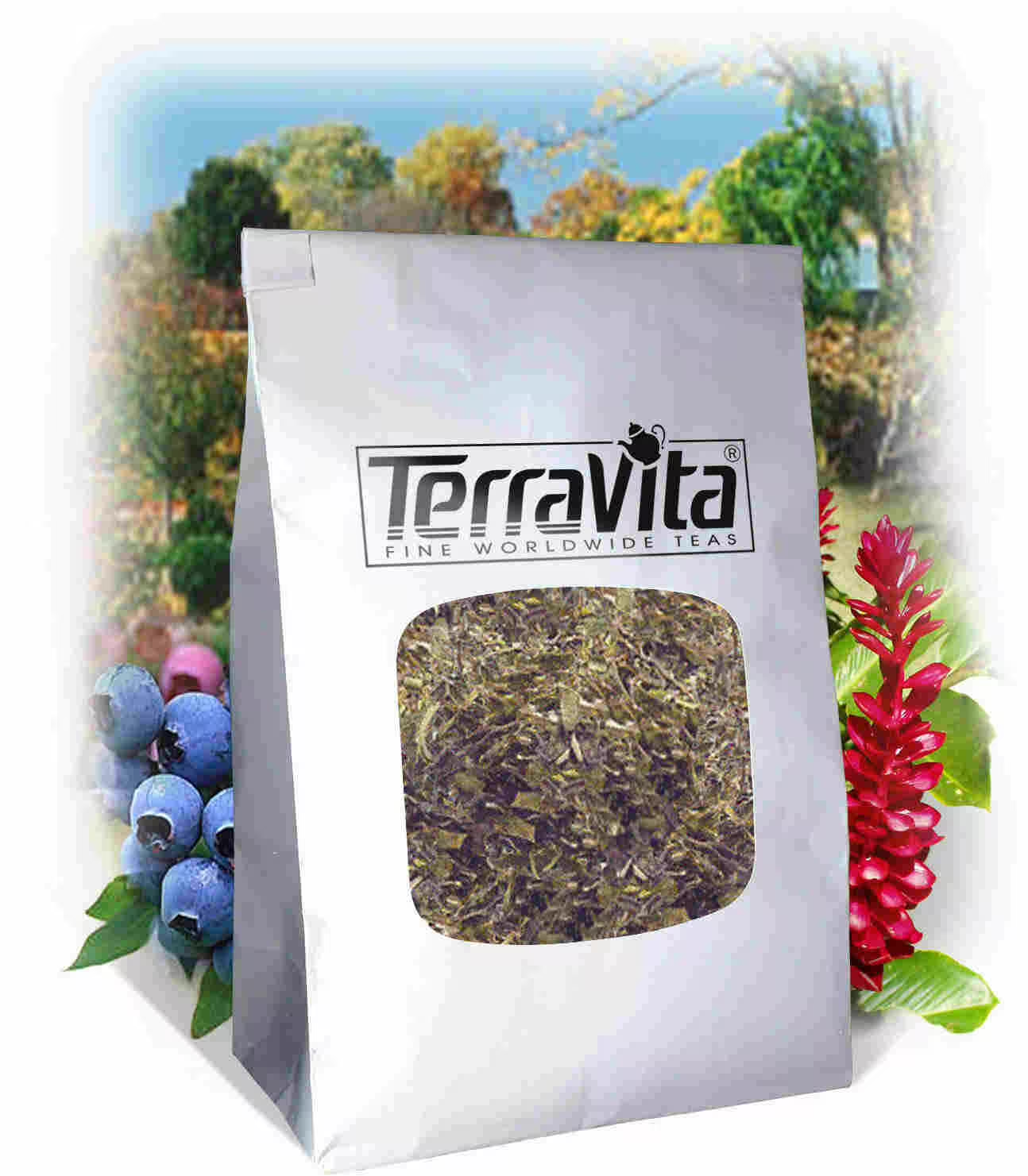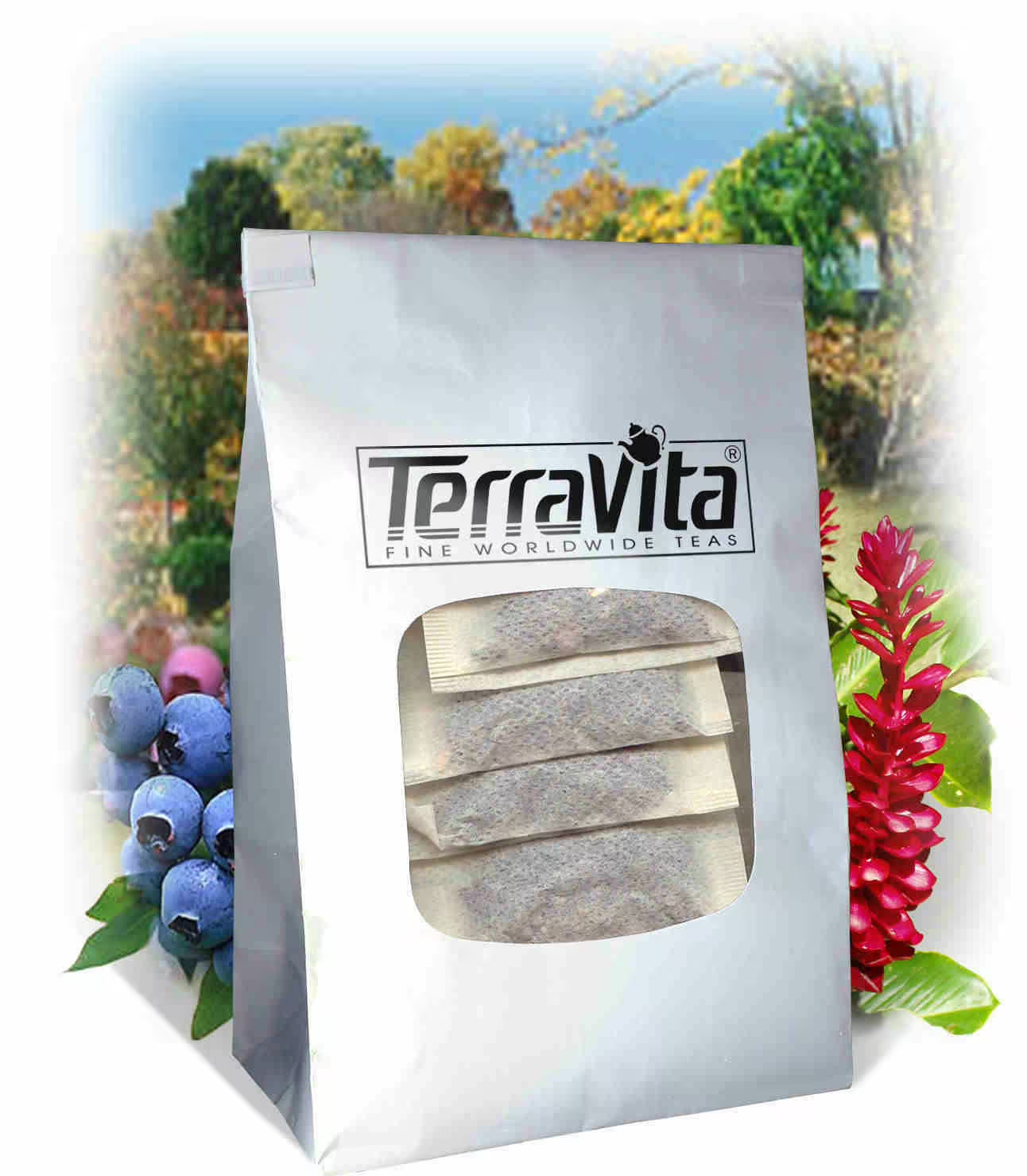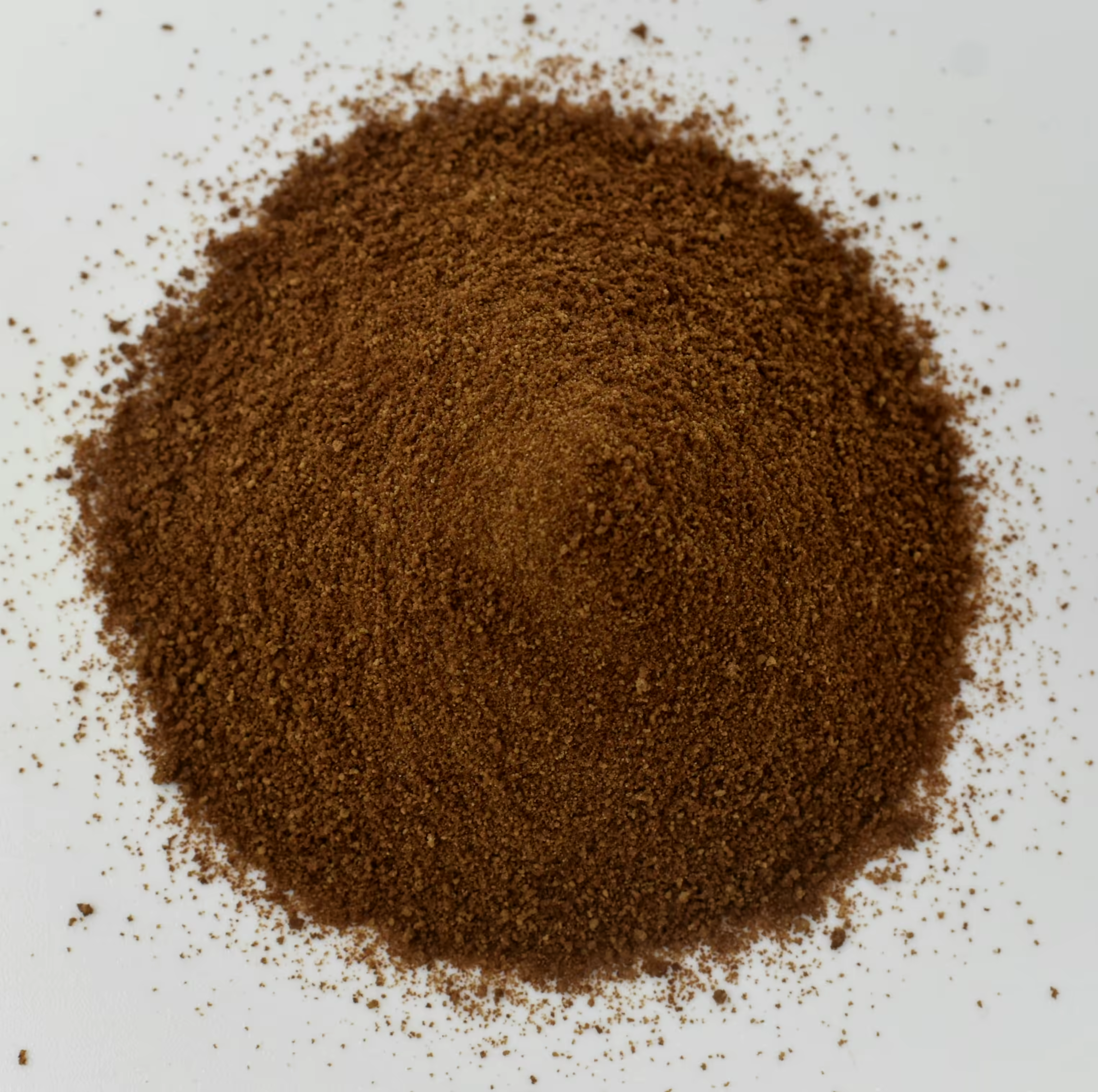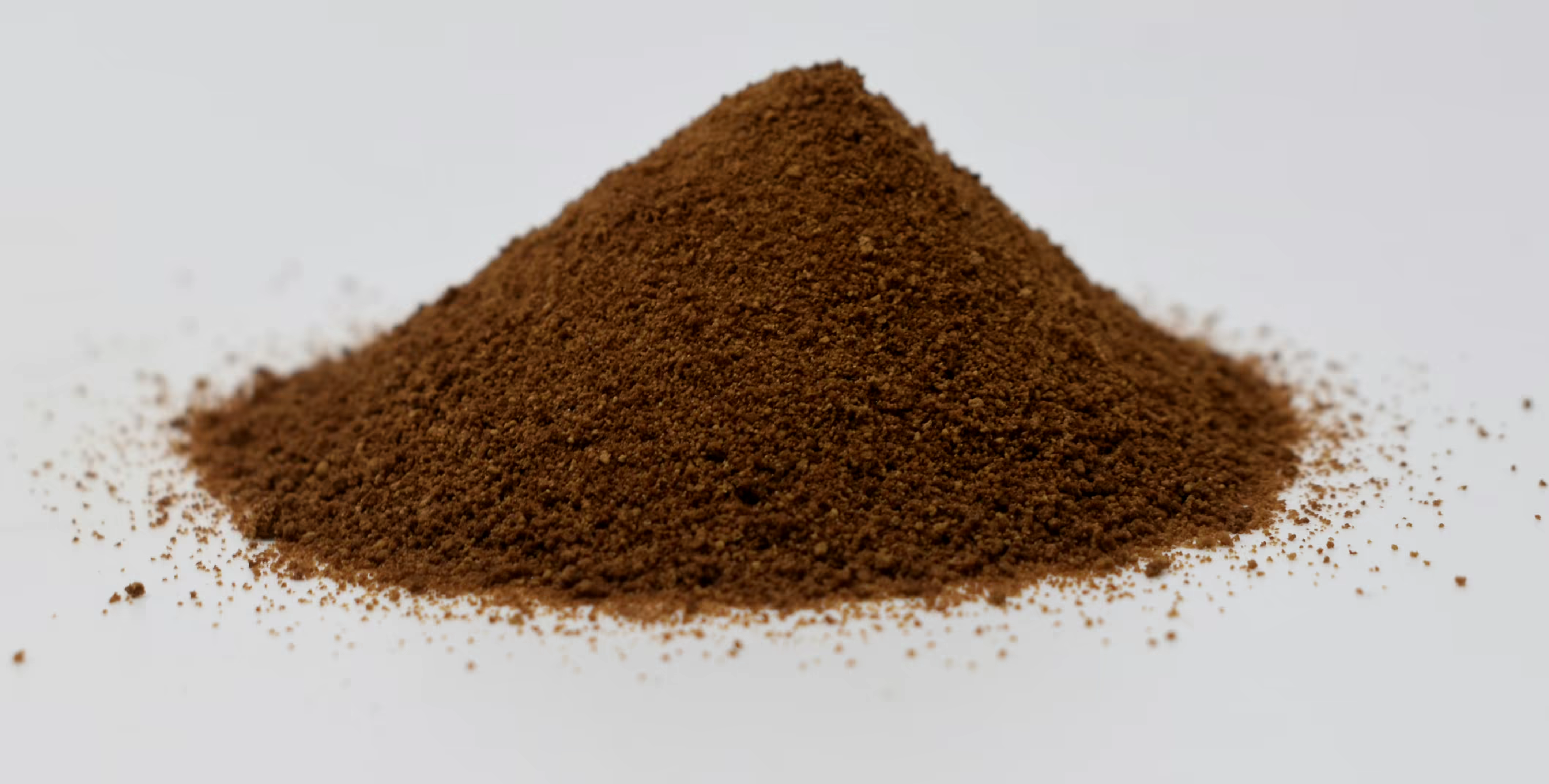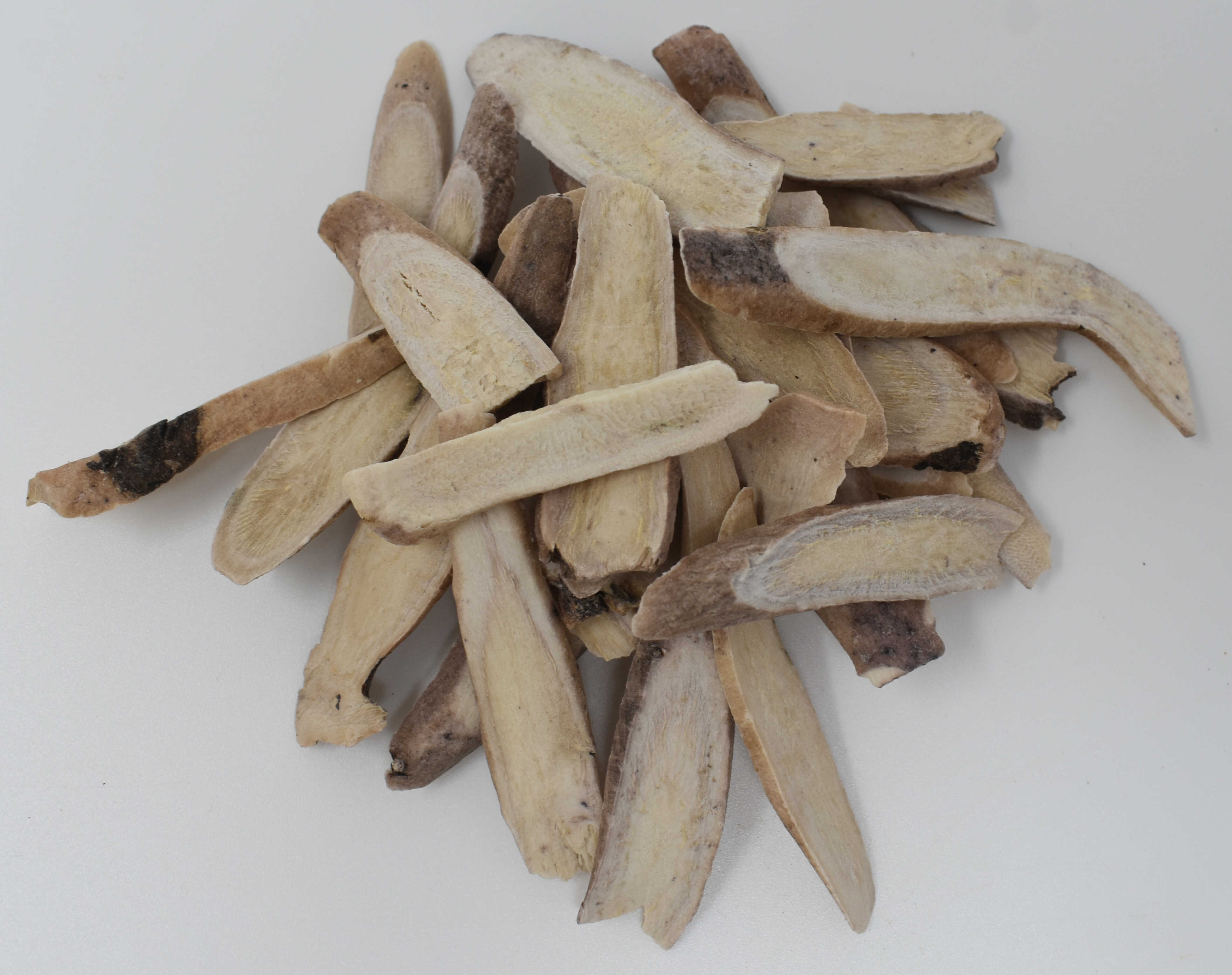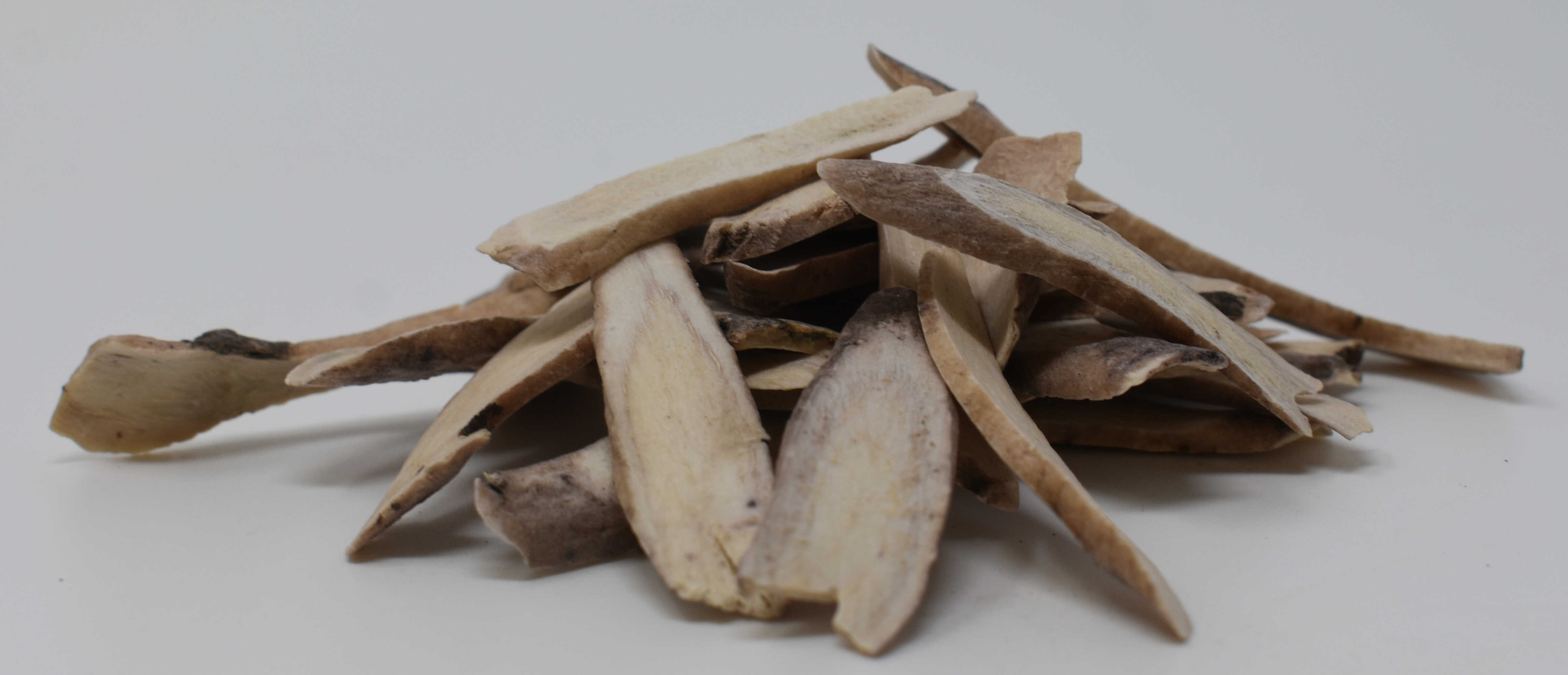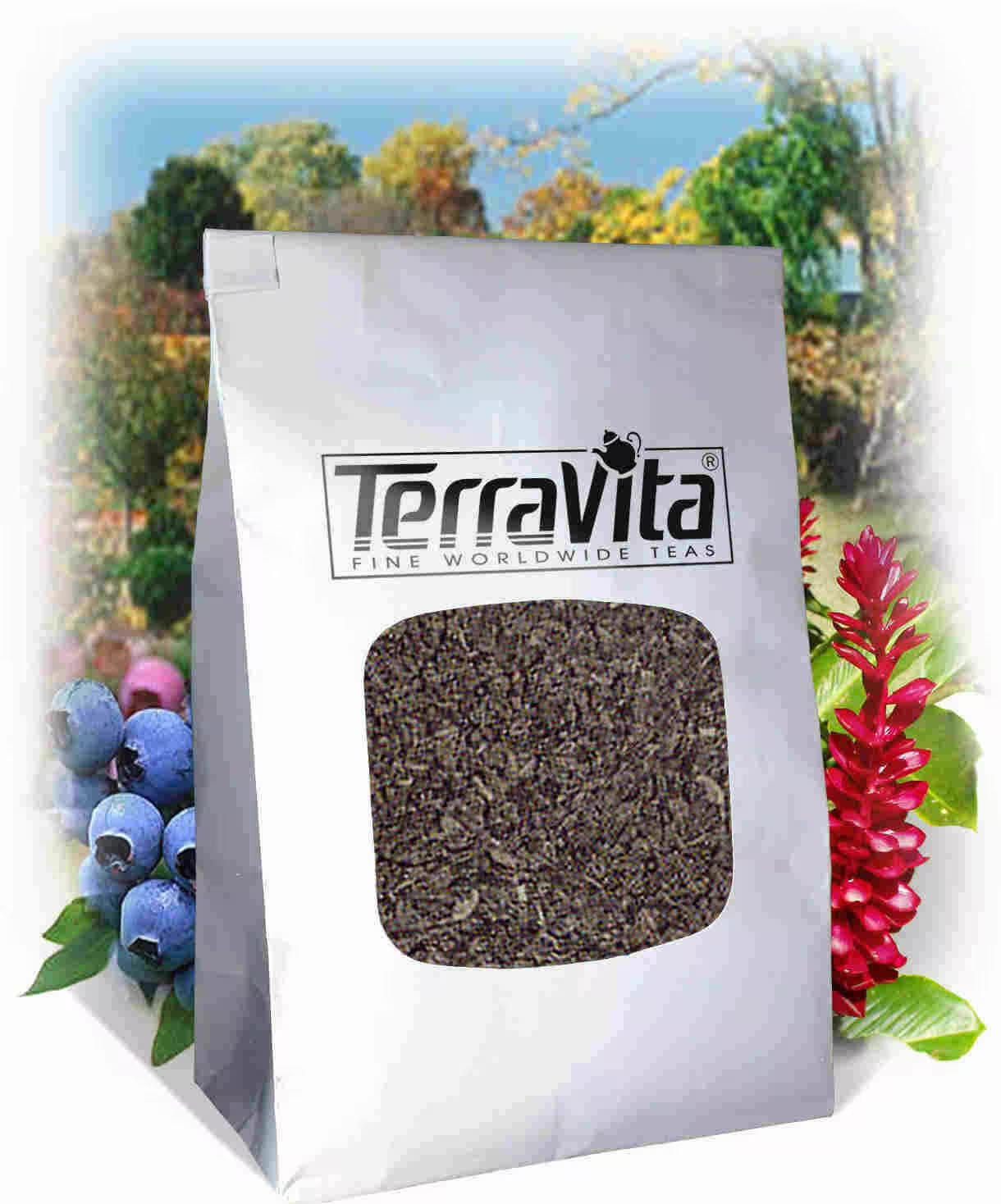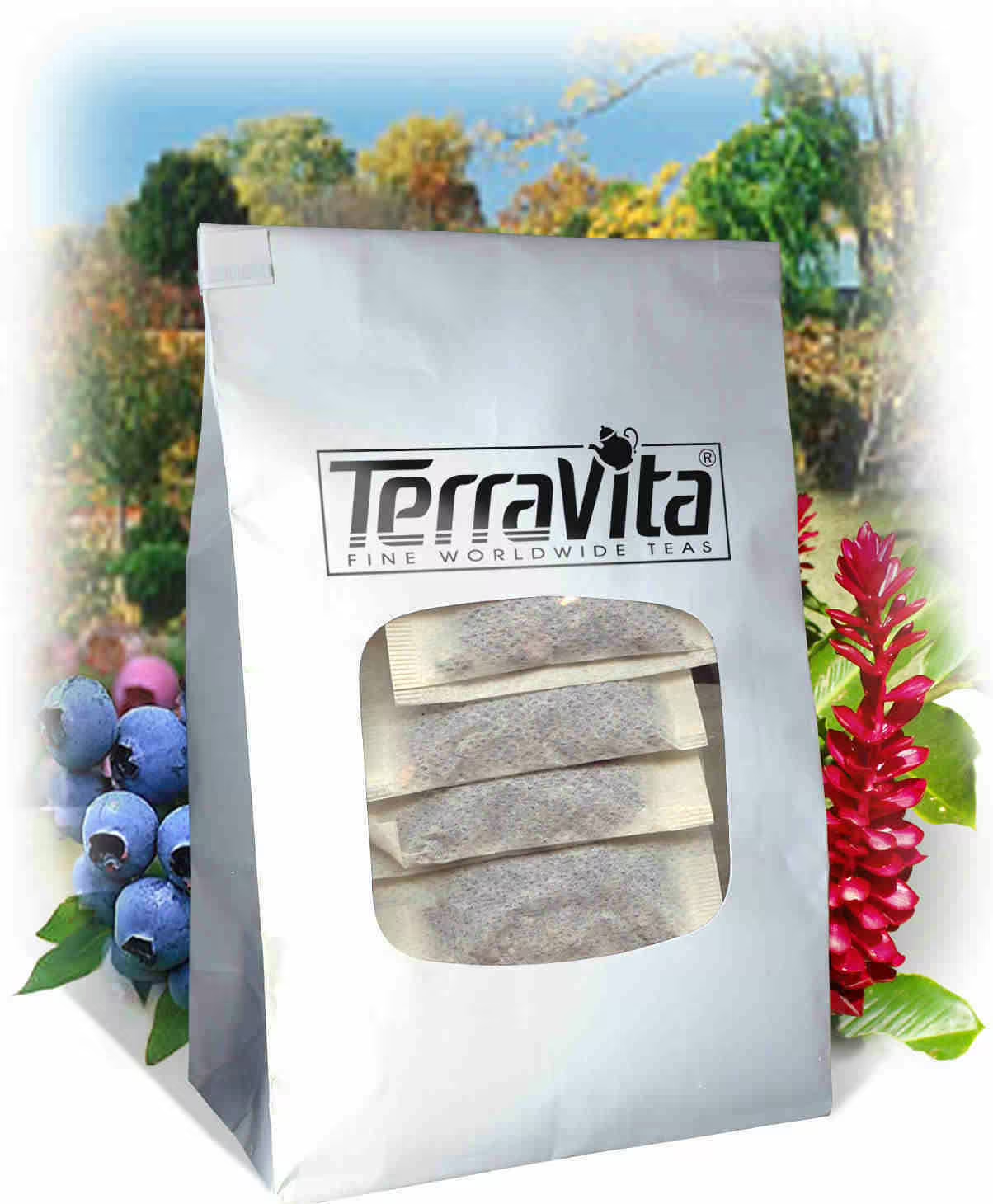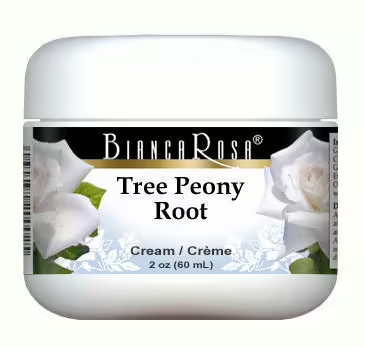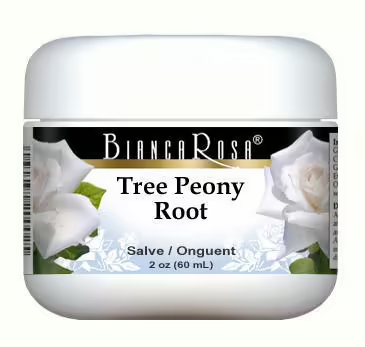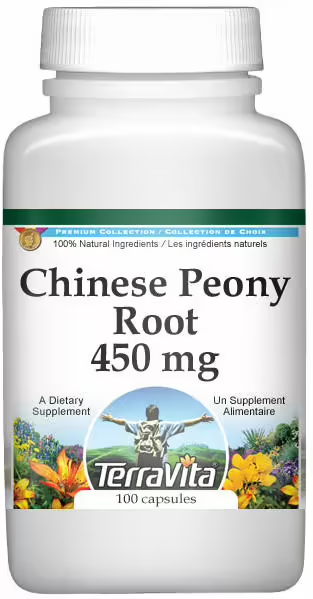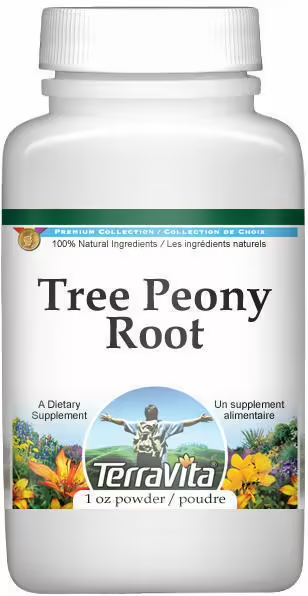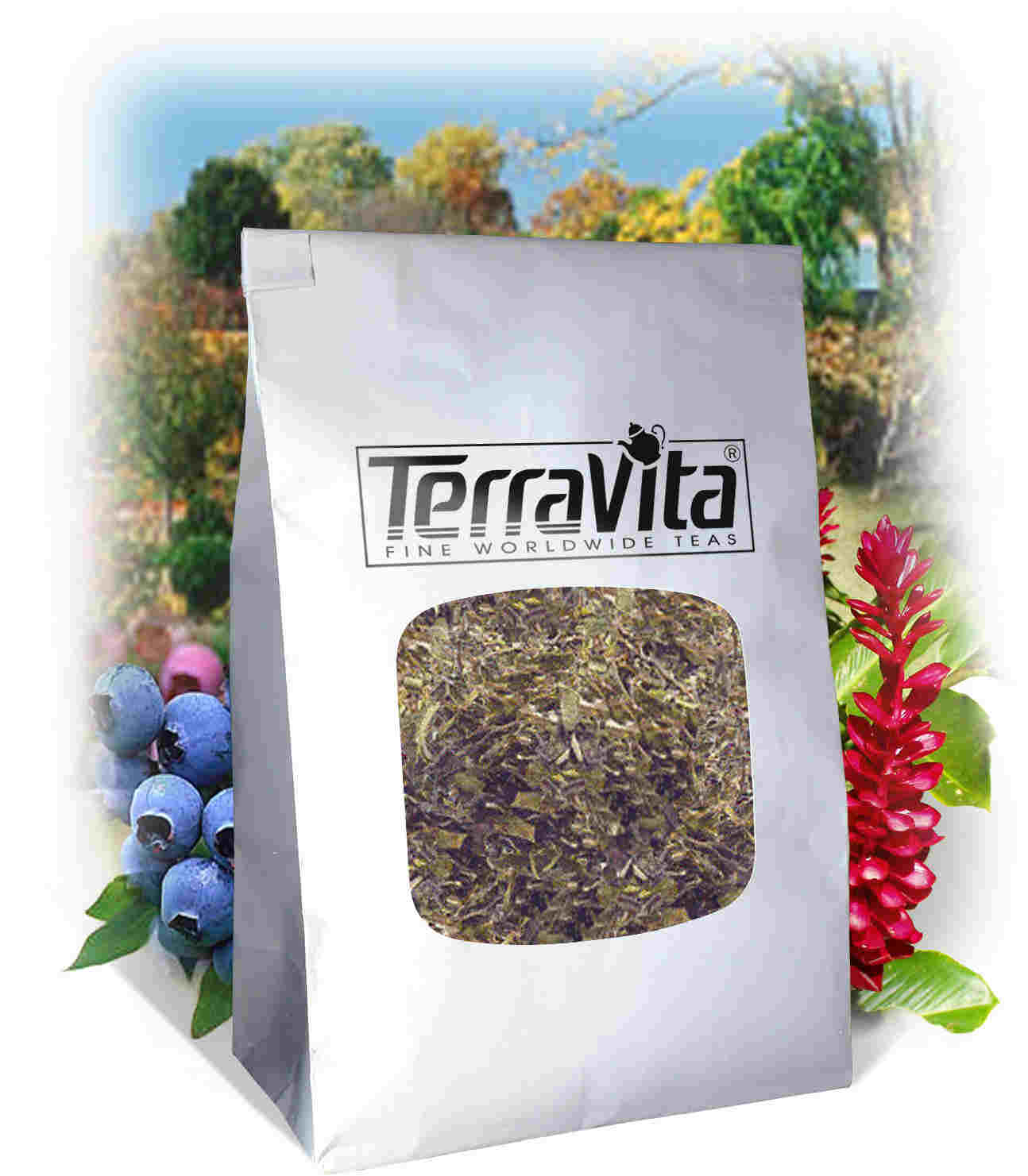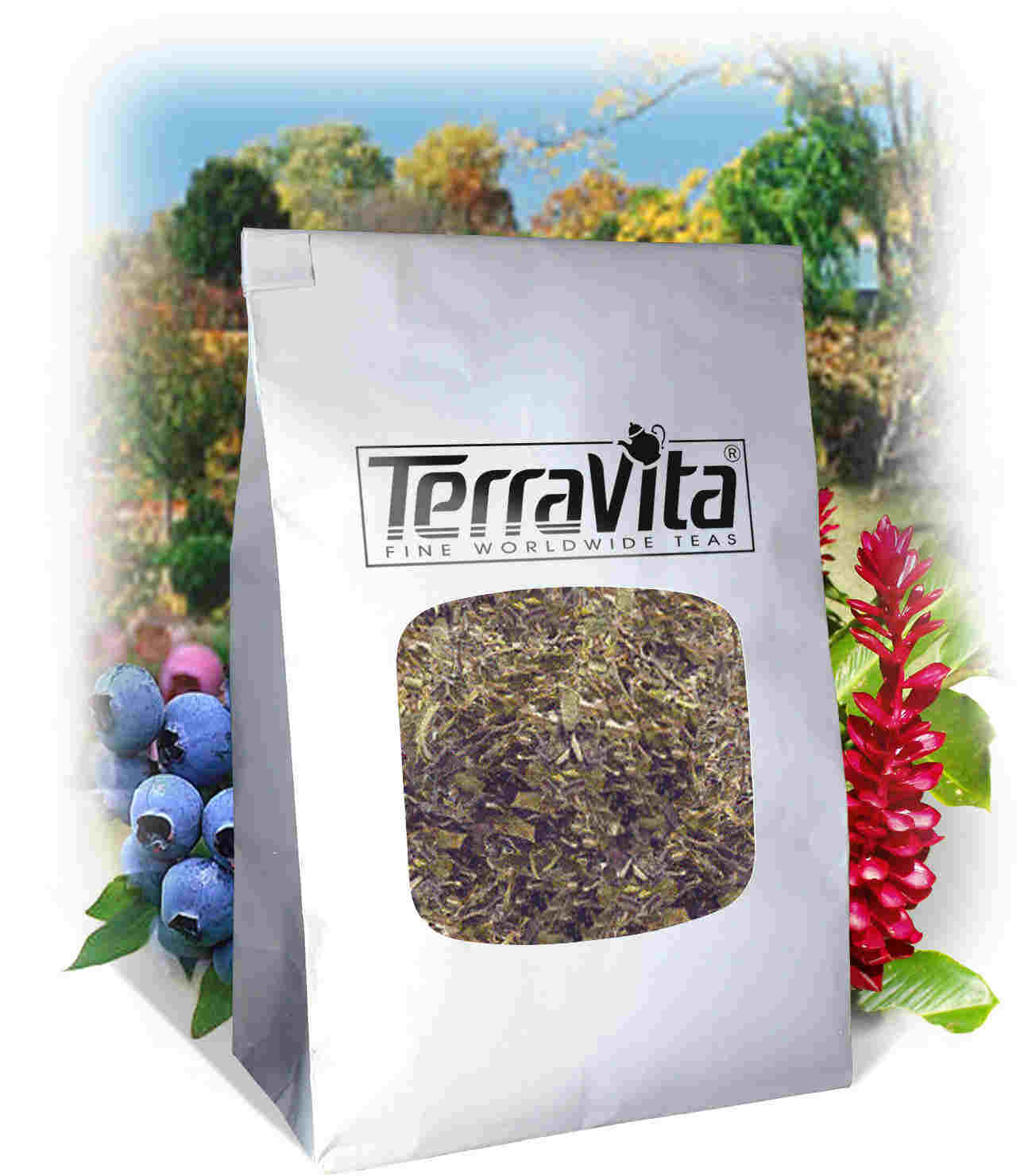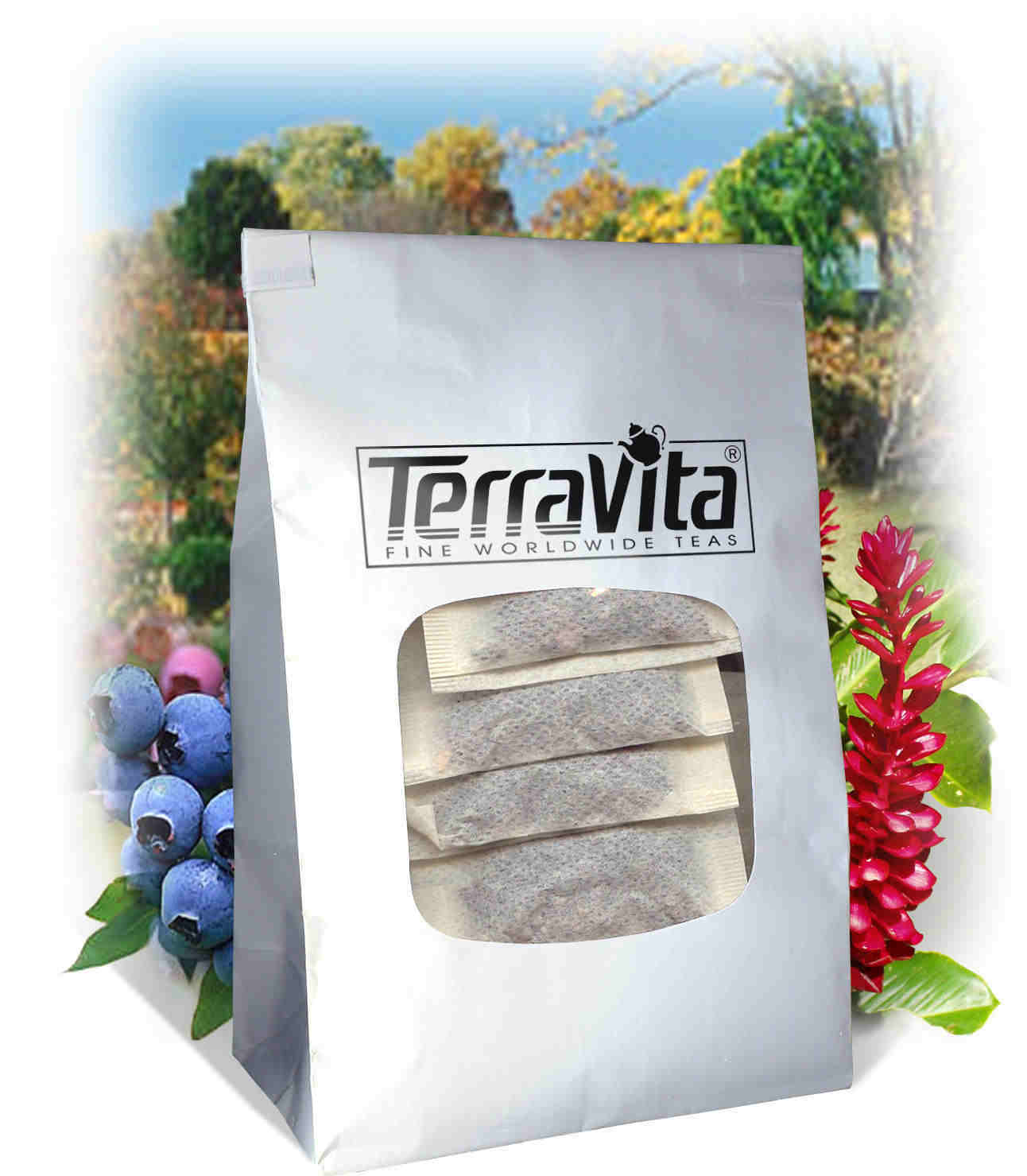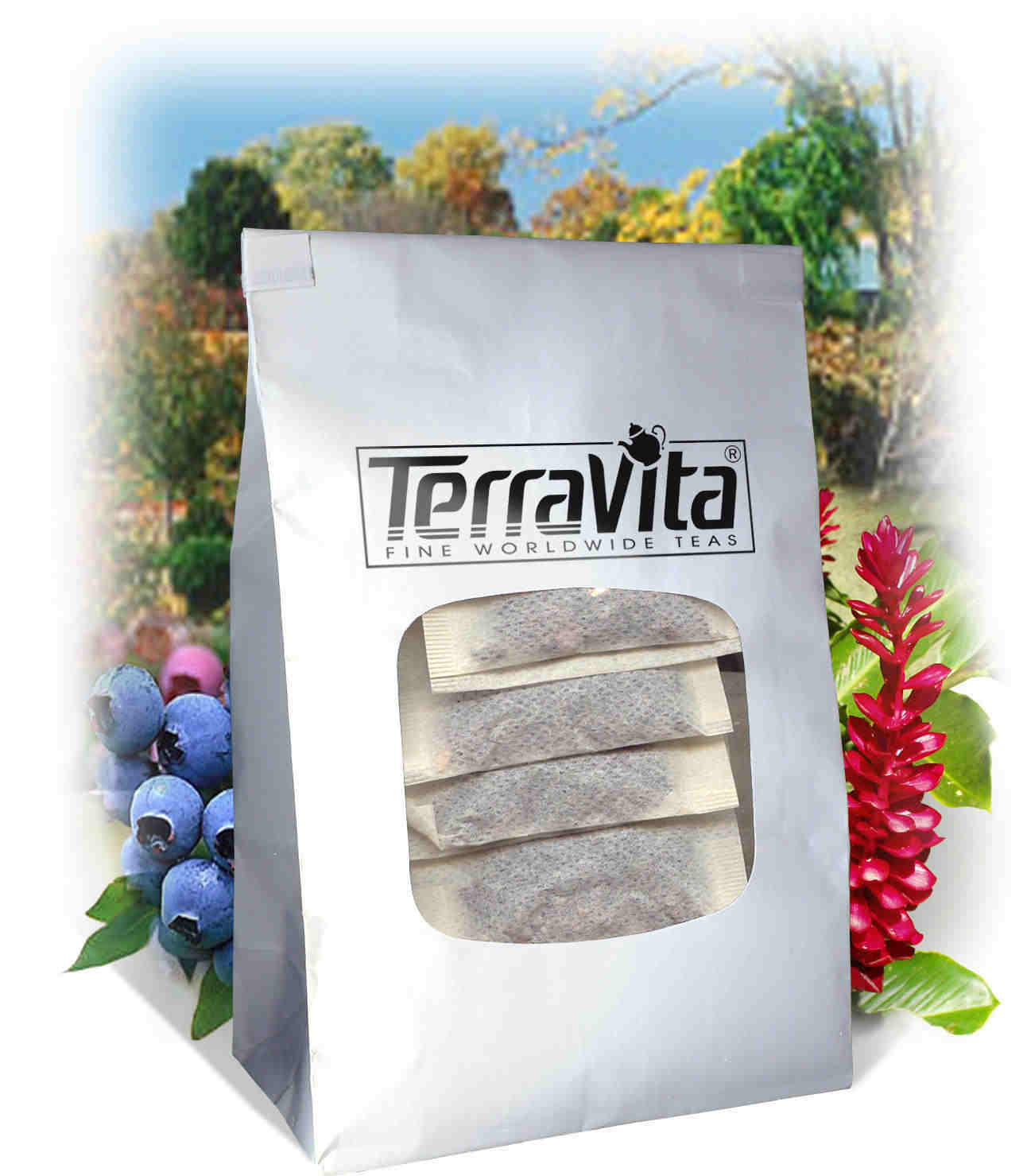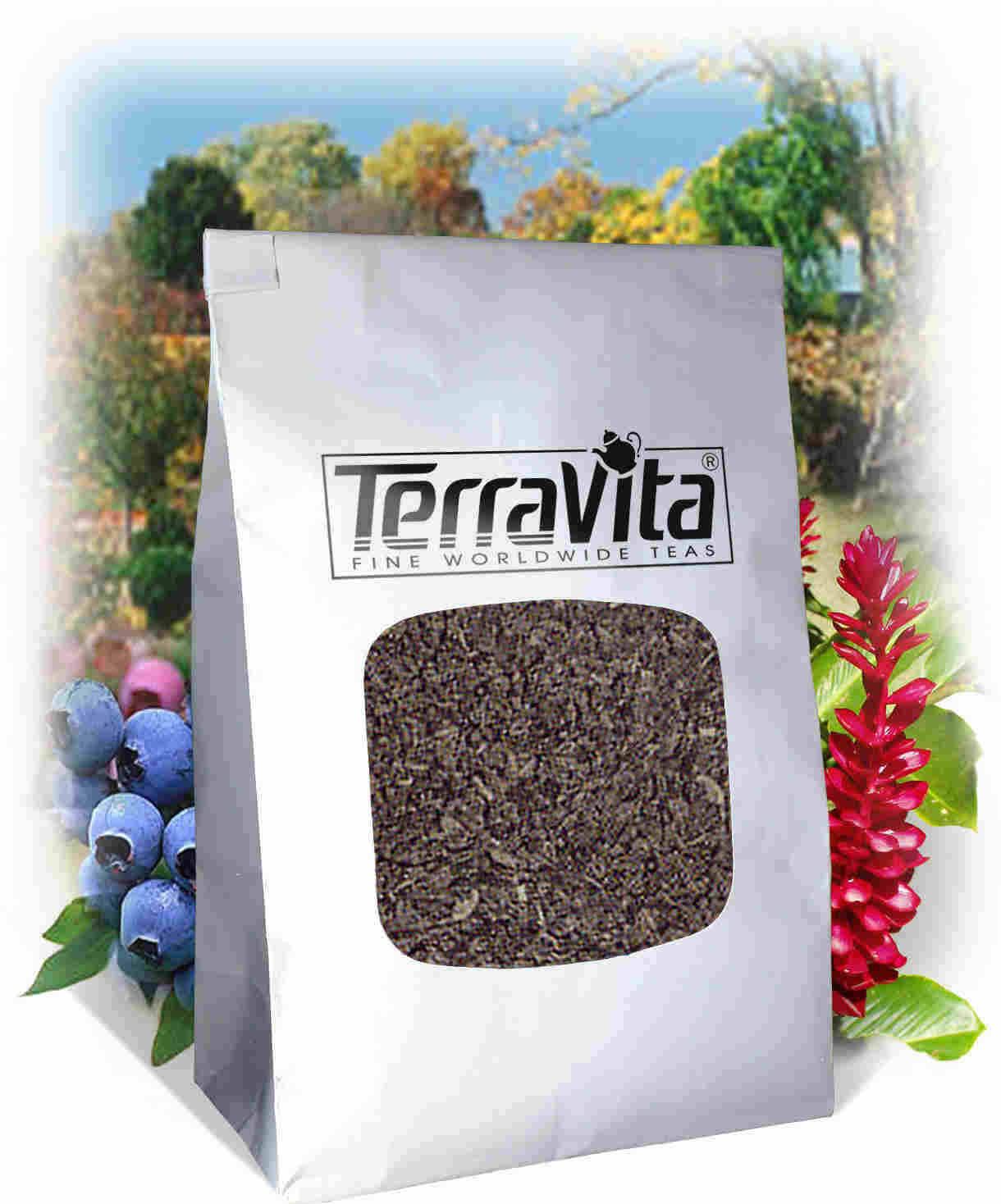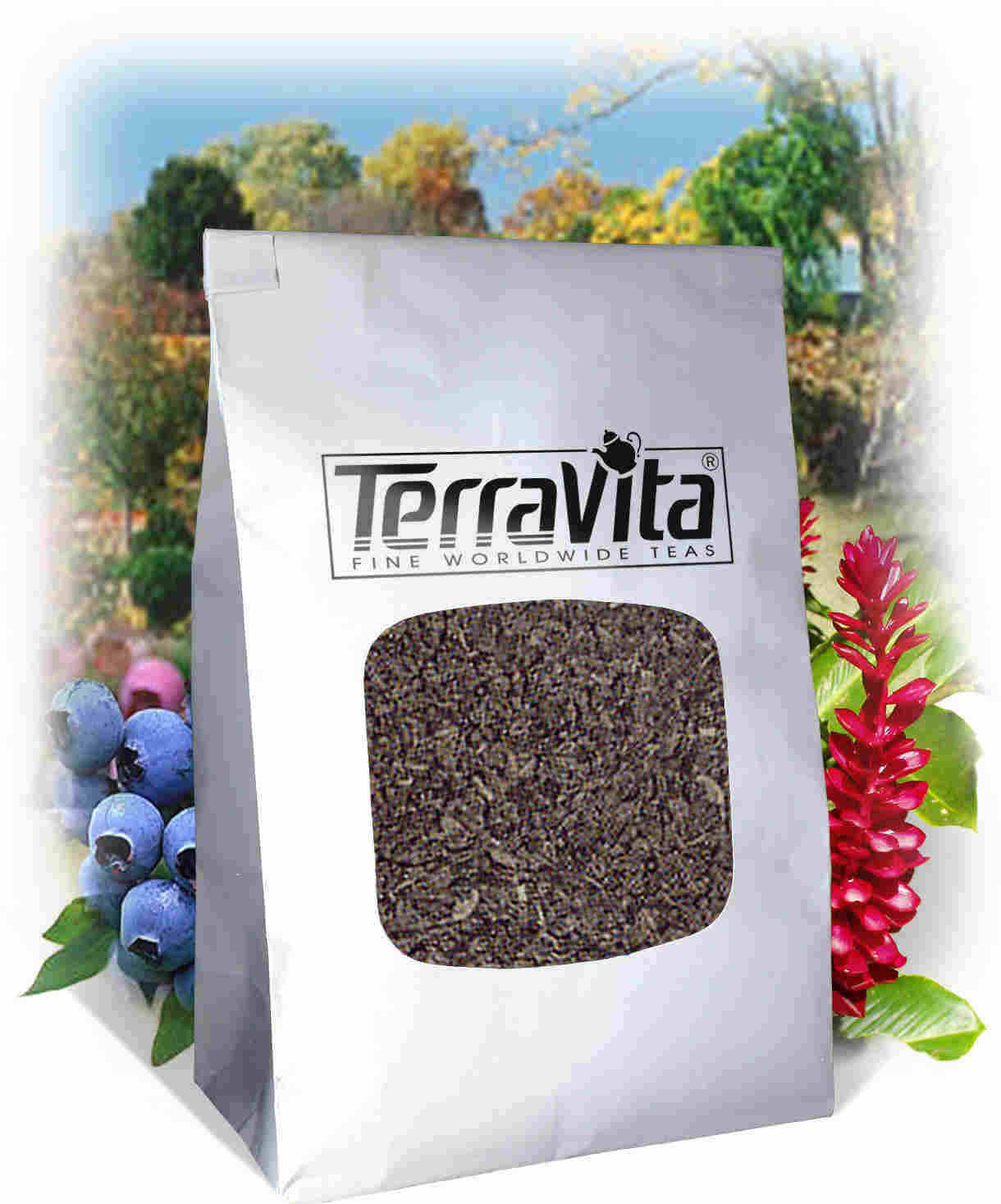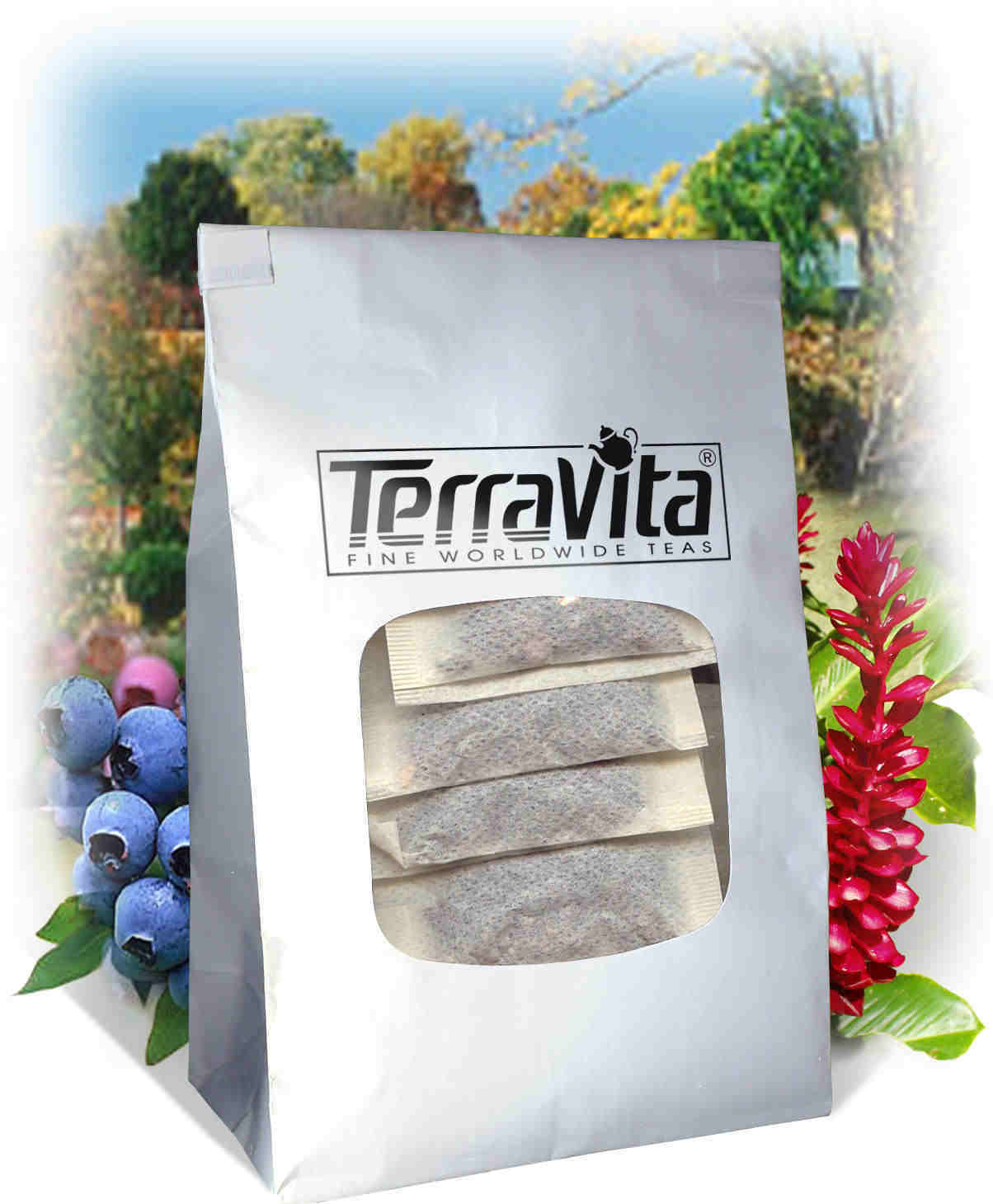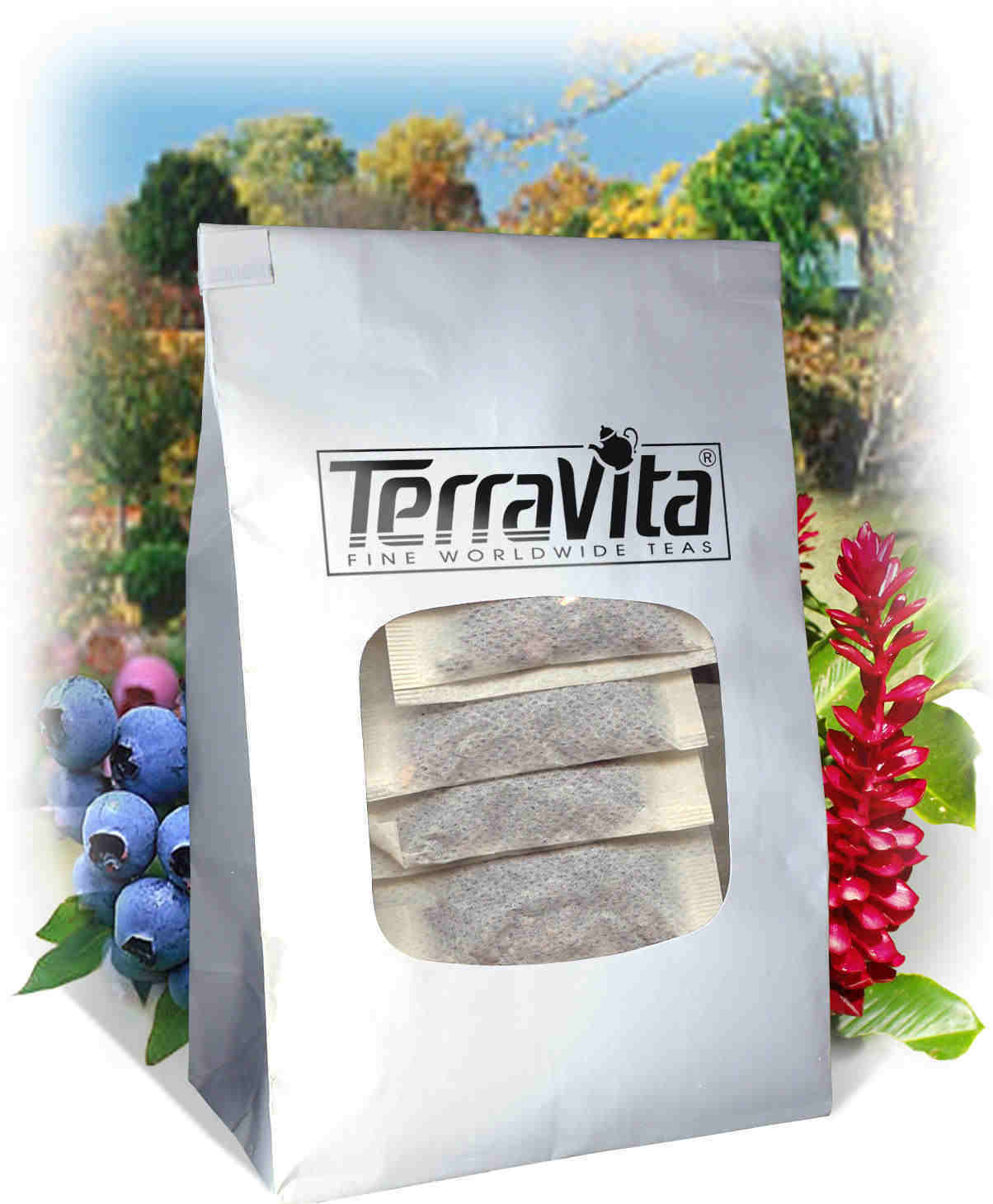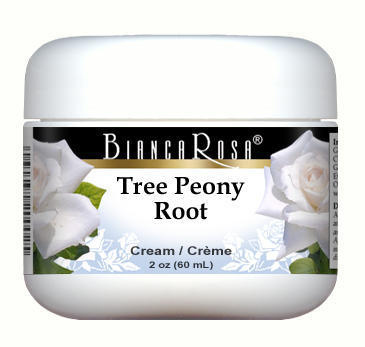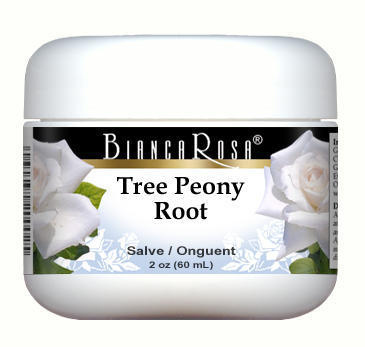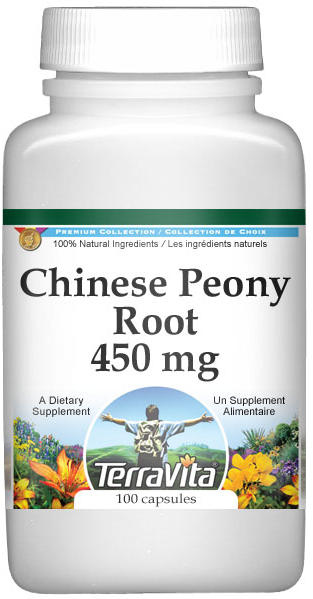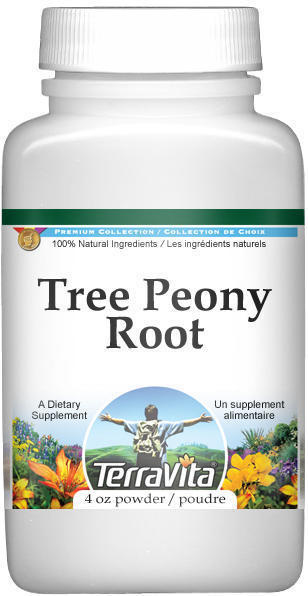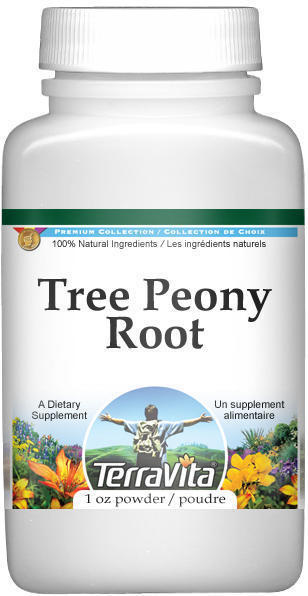Pai Mu Tan
(White Peony) Leaf
| Images | Product Name | Size | ZIN | Price | Quantity | Add to Cart |
| Pai Mu Tan Tea (White Peony) (Loose) | 4 oz | 427433 | $32.50 | |||
| 8 oz | 427483 | $48.85 | ||||
| Pai Mu Tan Tea (White Peony) | 25 tea bags | 427484 | $32.29 | |||
| 50 tea bags | 427485 | $57.14 |
ZooScape is proud to be the exclusive distributor of TerraVita teas, herbs and supplements in the United States, Canada and around the world. Please direct all wholesale and bulk inquiries to 1-844-449-0444.
These statements have not been evaluated by the Food and Drug Administration (FDA). Products are intended to support general well being and are not intended to treat, diagnose, prevent, or cure any condition or disease.
Chinese White Peony Root
| Images | Product Name | Size | ZIN | Price | Quantity | Add to Cart |
| Chinese White Peony Root Tea (Loose) | 4 oz | 514912 | $16.10 | |||
| 8 oz | 514913 | $25.29 | ||||
| Chinese White Peony Root Tea | 25 tea bags | 514914 | $19.80 | |||
| 50 tea bags | 514915 | $30.33 | ||||
| Chinese White Peony Root Cream | 2 oz | 514916 | $28.64 | |||
| Chinese White Peony Root - Salve Ointment | 2 oz | 514917 | $35.65 | |||
| Chinese White Peony Root Glycerite Liquid Extract (1:5) | 1 oz - No Flavor | 523321 | $20.03 | |||
| 1 oz - Strawberry | 523322 | $22.15 | ||||
| 1 oz - Vanilla | 523323 | $22.15 | ||||
| 1 oz - Chocolate | 523324 | $22.15 | ||||
| 1 oz - Mint | 523325 | $22.15 | ||||
| Chinese White Peony Root - 450 mg | 100 capsules | 514909 | $37.98 | |||
| Chinese White Peony Root Powder | 4 oz | 514910 | $45.20 | |||
| 1 oz | 514911 | $17.30 |
TerraVita is an exclusive line of premium-quality, natural source products that use only the finest, purest and most potent ingredients found around the world. TerraVita is hallmarked by the highest possible standards of purity, potency, stability and freshness. All of our products are prepared with the highest elements of quality control, from raw materials through the entire manufacturing process, up to and including the moment that the bottles or bags are sealed for freshness and shipped out to you. Our highest possible standards are certified by independent laboratories and backed by our personal guarantee.
TerraVita strives to make all of our products affordable and reliable and are constantly searching the market to maintain our affordability and to look for new ways to serve you and the ones you love. TerraVita has become a trusted household name for many families and can bring you and yours the very best herbal supplements, blends, teas and spices that are on the market today.
TerraVita is packed in tamper-proof, food-grade, recyclable containers.
ZooScape is proud to be the exclusive distributor of TerraVita teas, herbs and supplements in the United States, Canada and around the world. Please direct all wholesale and bulk inquiries to 1-844-449-0444.
Bianca Rosa is an exclusive line of premium-quality natural products sourced from only the finest and purest ingredients from around the world. Bianca Rosa is hallmarked by the highest possible standards of purity, stability and freshness. All Bianca Rosa products are prepared with the highest level of quality control, from the raw materials used through the entire manufacturing process, up to and including the moment that the finished product is sealed for freshness and shipped to you. Our highest possible standards backed by our personal guarantee.
Bianca Rosa makes all products as affordable as possible and we are constantly searching the market to maintain our affordability and to look for new ways to serve you. Bianca Rosa has been a trusted household name for many families throughout the world since the 1990s. Bianca Rosa is packed in tamper-proof, recyclable containers.
ZooScape is proud to be the exclusive distributor of all Bianca Rosa products, including creams, salves and oils in the United States, Canada and around the world. Please direct all wholesale and bulk inquiries to 1-844-449-0444.
TerraVita strives to make all of our products affordable and reliable and are constantly searching the market to maintain our affordability and to look for new ways to serve you and the ones you love. TerraVita has become a trusted household name for many families and can bring you and yours the very best herbal supplements, blends, teas and spices that are on the market today.
TerraVita is packed in tamper-proof, food-grade, recyclable containers.
ZooScape is proud to be the exclusive distributor of TerraVita teas, herbs and supplements in the United States, Canada and around the world. Please direct all wholesale and bulk inquiries to 1-844-449-0444.
Bianca Rosa is an exclusive line of premium-quality natural products sourced from only the finest and purest ingredients from around the world. Bianca Rosa is hallmarked by the highest possible standards of purity, stability and freshness. All Bianca Rosa products are prepared with the highest level of quality control, from the raw materials used through the entire manufacturing process, up to and including the moment that the finished product is sealed for freshness and shipped to you. Our highest possible standards backed by our personal guarantee.
Bianca Rosa makes all products as affordable as possible and we are constantly searching the market to maintain our affordability and to look for new ways to serve you. Bianca Rosa has been a trusted household name for many families throughout the world since the 1990s. Bianca Rosa is packed in tamper-proof, recyclable containers.
ZooScape is proud to be the exclusive distributor of all Bianca Rosa products, including creams, salves and oils in the United States, Canada and around the world. Please direct all wholesale and bulk inquiries to 1-844-449-0444.
These statements have not been evaluated by the Food and Drug Administration (FDA). Products are intended to support general well being and are not intended to treat, diagnose, prevent, or cure any condition or disease.
